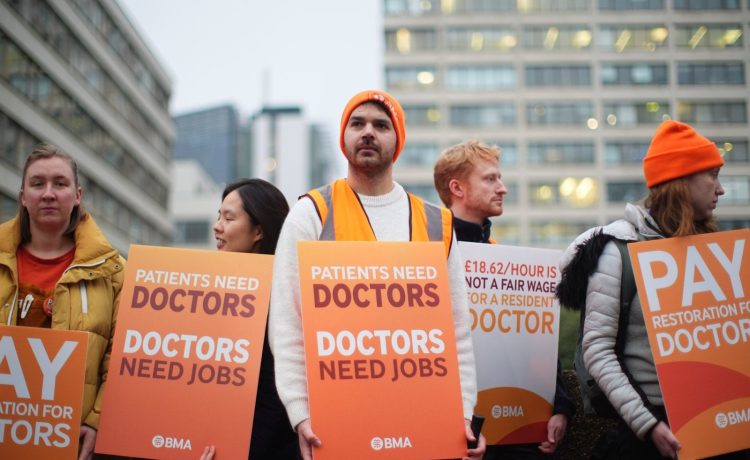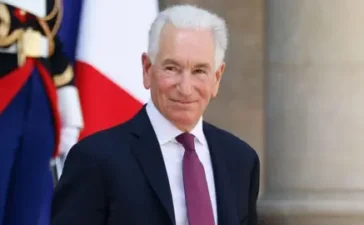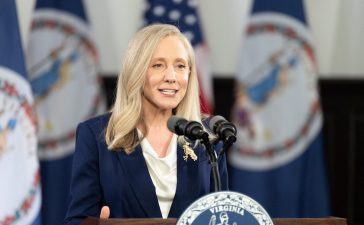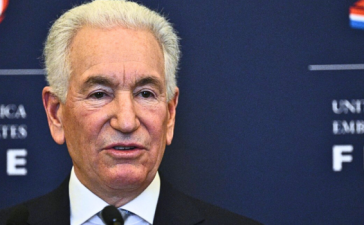Thousands of doctors in England went on a five-day strike on Friday over pay and training opportunities, marking the 13th walkout by medics since March 2023.
The strike, which began at 0700 GMT, involves resident doctors—those below consultant level—who make up about half of the medical workforce in UK hospitals. Health Minister Wes Streeting condemned the strike, saying the British Medical Association (BMA) leadership was “choosing confrontation over care.”
“This strike isn’t about fairness anymore. It’s about political posturing,” Streeting wrote in the Daily Telegraph. He added that the government had already approved a 28.9 percent pay rise over the past three years, the highest in the public sector.
The BMA argues that doctors still require a 26 percent pay increase to restore their earnings to the real value they had two decades ago. The union is also calling for an expansion of training posts, citing that more than 30,000 doctors compete for only 10,000 training placements needed to progress toward consultant roles. Many doctors remain without permanent employment despite years of training.
The UK continues to face a prolonged cost-of-living crisis, prompting widespread strikes across sectors including teachers, nurses, ambulance staff, lawyers, train operators, and border officials.
In July, UK doctors also staged a five-day strike after pay negotiations with the Labour government failed to reach a deal. Despite accepting a 22.3 percent pay rise over two years in September, resident doctors claim their real wages have fallen by more than 21 percent since 2008.
“We’re not working 21 percent less hard so why should our pay suffer?” said Melissa Ryan and Ross Nieuwoudt, co-chairs of the BMA’s resident doctors committee.
Prime Minister Keir Starmer appealed to doctors to reconsider, warning that patient care would be compromised. “Launching a strike will mean everyone loses. Our NHS and your patients need you,” Starmer wrote in The Times, adding that “lives will be blighted by this decision.”
Health Minister Streeting also emphasized that the government could not afford further pay increases this year, following similar resistance from the previous Conservative administration, which rejected BMA demands for a 35-percent pay restoration.
Last year’s strikes led to widespread cancellations of appointments and treatment delays, highlighting ongoing tensions between medics and the government over pay, training, and working conditions within the NHS.







